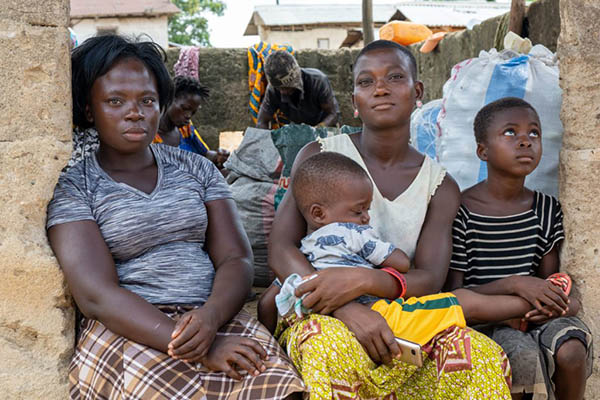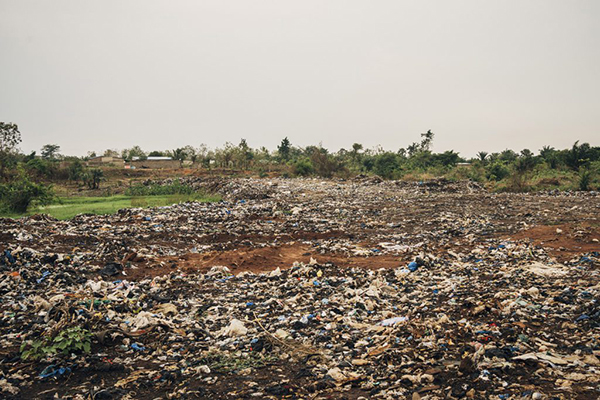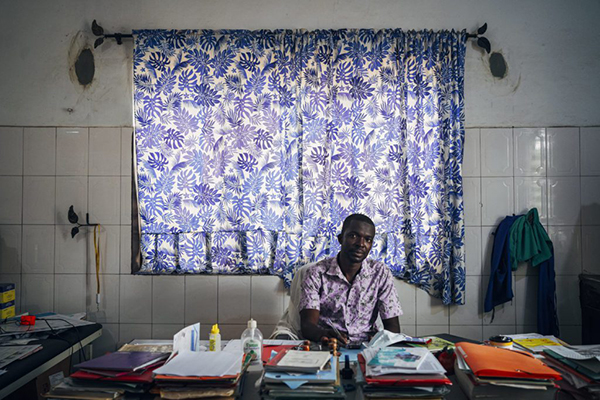The social and environmental context of where people who suffer from NTDs live is crucial.
The majority of research, interventions, and healthcare responses to NTDs have at their base the disease-poverty cycle. However, few take into account the social and ecological factors that allow these neglected diseases to persist in certain contexts. Some factors such as wars and political collapse, the impact of urbanization without proper planning, the irresponsible use of natural resources, and the lack of basic services all condition how NTDs are tackled.
Furthermore, climate change is unleashing new ways for many NTDs to spread. This is due to the migration of populations fleeing droughts and floods, and the change in climatic conditions that favour the expansion of zoonotic diseases and vectors that transmit certain NTDs.
What actions do we need to take to include these aspects in our interventions?
NTDs present a series of inherent difficulties that increase the consequences for those who suffer from them. From these we would highlight the social and economic characteristics of the majority of people affected, the lack of therapeutic options, the lack of quality scientific information on the efficacy and safety of the treatments available, the difficulties in accessing medical treatments, and delays in updating protocols or manuals by governments.
The WHO recommends the following actions for organizations working to combat NTDs:
- Include mental health when funding NTD programmes.
- Invest in training and the development of the skills of those supplying the services.
- Invest in evidence-based programmes to reduce stigma and discrimination.
- Promote the collection, measurement, and assessment of disaggregated data.
- Invest in research into NTDs, mental health, and stigma.
Discover how we integrate these actions in our projects in Côte d’Ivoire, Ghana, Togo, and Benin.






